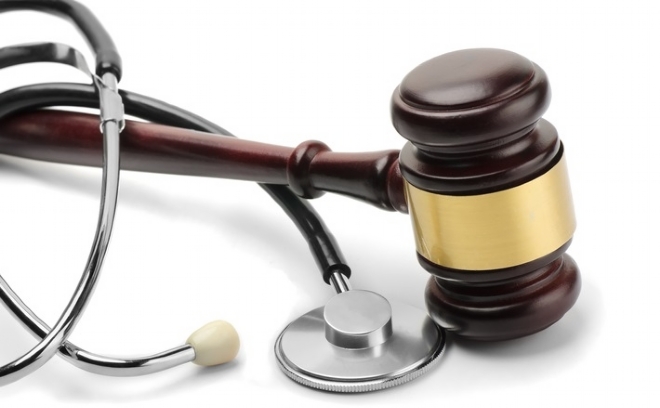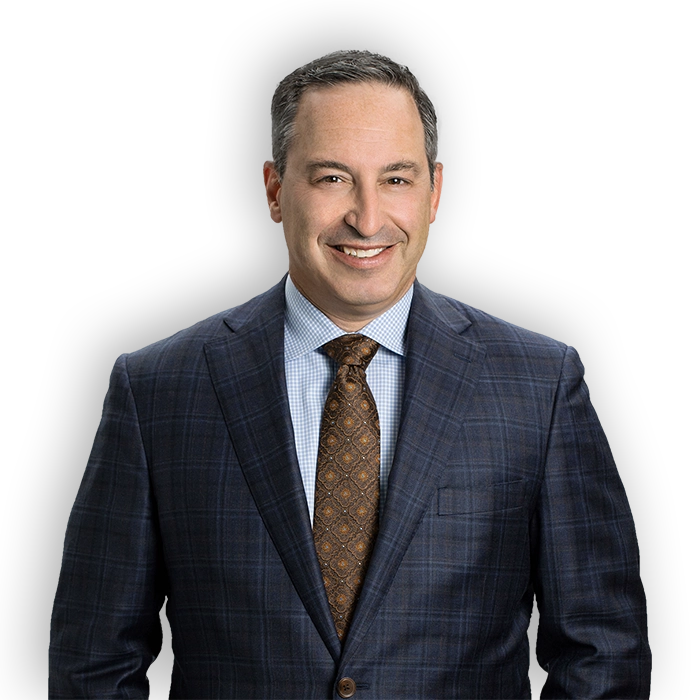As healthcare providers operate near or over capacity in order to address the current coronavirus pandemic, unscrupulous individuals have emerged, seeking to profit from anxious and vulnerable people. In recent days, federal authorities have issued warnings and reports on a variety of scams related to the COVID-19 global pandemic. The Department of Justice is taking an active role targeting individuals and entities seeking to profit from the pandemic. On March 16, 2020, the Attorney General issued a memorandum directing federal prosecutors to prioritize detecting, investigating, and prosecuting illegal conduct related to the novel coronavirus pandemic. The DOJ is coordinating criminal prosecutions through its Fraud Section and civil enforcement actions through the Consumer Protection Branch. On March 22nd, the DOJ filed its first enforcement action in connection with the Coronavirus enforcement initiative. The DOJ targeted the operators of a website, “coronavirusmedicalkit.com,” that purported to offer access to a World Health Organization (WHO) vaccine kit in exchange for a shipping charge of $4.95—secured by a customer’s credit card. A federal judge in Austin, Texas granted the DOJ’s temporary restraining order (TRO) blocking public access to the website. The DOJ continues to investigate the operators of this website for criminal wire fraud. The DOJ has also reacted to a potential shortage of protective equipment and medication used by health care providers to treat the virus. On March 24th, AG Barr announced a new DOJ task force, led by the New Jersey U.S. Attorney, focused on hoarding and price gouging. In public comments, the AG stated that prosecutors would focus on individuals or companies that are hoarding items such as surgical masks. The DOJ directed each U.S. Attorney’s office to designate a lead prosecutor to investigate any cases involving hoarding or price gouging. Similarly, U.S. Attorneys in Ohio announced that they would investigate physicians who potentially cause a shortage in hydroxychloroquine or chloroquine, an experimental drug regimen touted by some as potentially effective to prevent COVID-19, by prescribing the drugs to friends and associates who do not exhibit symptoms of the virus. Beyond these enforcement actions, the DOJ has established a website dedicated to the pandemic. The DOJ has received reports of various fraud schemes related to the virus, including individuals and entities selling fake cures for the virus, “phishing” emails from entities falsely portraying WHO or Centers for Disease Control officials, malicious websites seeking to gain access to users’ devices, and entities falsely seeking donations for illegitimate charitable organizations. In a press release, the Attorney General also highlighted “medical providers obtaining patient information for COVID-19 testing and then using that information to fraudulently bill for other tests and procedures.” The AG urged the public to report any suspected fraud scheme to the National Center for Disaster Relief Fund via telephone (866-720-5721) or email (disaster@leo.gov). Separately, on Monday, March 23, 2020, the U.S. Department of Health and Human Services Office of the Inspector General (”OIG”) issued a COVID-19 Fraud Alert intended to warn Medicare and Medicaid beneficiaries about a number of fraudulent schemes and scams relating to the novel coronavirus. The OIG warned that beneficiaries are being targeted in a number of ways, including telemarketing calls, social media platforms, and door-to-door visits. Using these methods, the scammers are offering beneficiaries fake test kits and unapproved treatments for COVID-19. Beneficiaries were warned not to give out their Medicare or Medicaid numbers to anyone, except trusted healthcare providers. Note, in a time when many provider interactions with patients are being moved to a telehealth/telemedicine setting, providers will need to be prepared to find digital methods to confirm their identity when seeking or confirming patient information. The OIG, much like the Attorney General, also encouraged any suspected fraud to be reported immediately to the National Center for Disaster Fraud Hotline (866) 720-5721 or disaster@leo.gov. Any reports will be included in a centralized database that federal prosecutors can access for investigation and prosecution. Reports of fraud schemes related to the coronavirus pandemic are sure to increase in the coming days and weeks. Well-intentioned health care providers must be vigilant against hoarding protective equipment or prescribing experimental medication to patients exhibiting no symptoms of COVID-19. HLB’s Fraud and Abuse Task Force is monitoring these events along with our COVID-19 Task Force. Do not hesitate to contact HLB in connection with a government investigation related to COVID-19. We invite you to visit our COVID-19 Resource Page for a list of links to federal, state, and national trade association resources and guidance that will be updated over the course of this crisis, and we encourage you to contact our task force members, or your usual Hooper, Lundy, and Bookman contact, with any specific questions. *** For further information, please contact Bridget Gordon in Los Angeles, David Schumacher in Boston, or your regular Hooper, Lundy & Bookman contact.Professional
Related Capabilities


